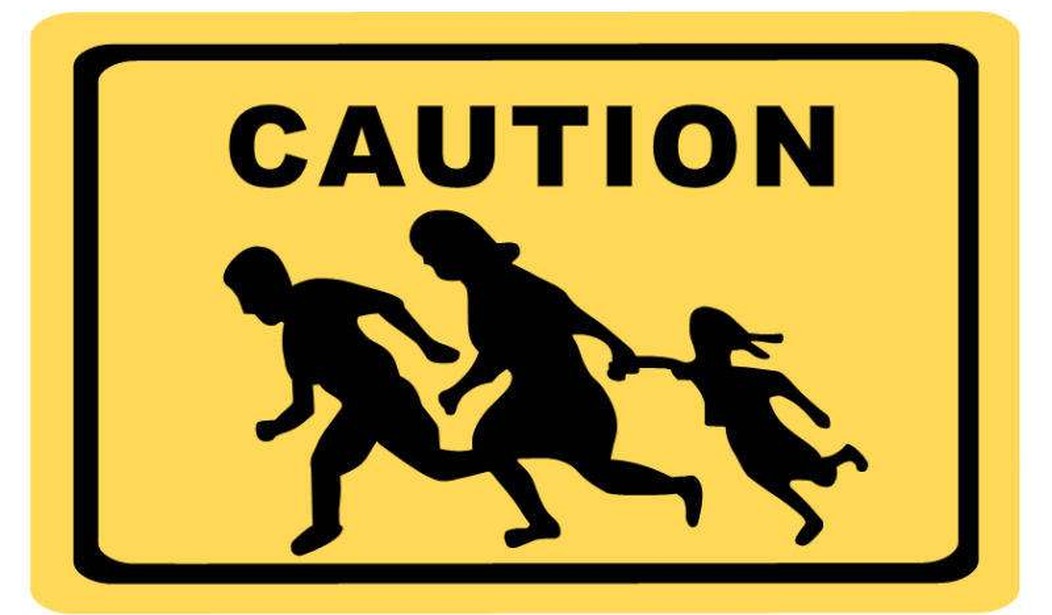The Supreme Court has ruled that some immigrants — even if they have legal status in the country — do not have the right to periodic bond hearings.
The ruling means that illegal aliens and some immigrants with green cards could be held in indefinite detention if they are under a deportation order.
The holders of green cards are being detained for deportation because they have committed a crime. In fact, most of those held in detention who could be denied a bond hearing are either those caught at the border and are under a deportation order, or criminals who are awaiting deportation.
The court’s five conservatives were in the majority in the ruling written by Justice Samuel Alito. Three liberals dissented, including Justice Stephen Breyer, who sharply criticized the decision. Another liberal, Justice Elena Kagan, did not participate.
Class action litigation brought by the American Civil Liberties Union challenged the government’s practice of placing immigrants facing deportation proceedings in detention for months or years without being able to argue for release.
Breyer said that forbidding bail would likely violate the U.S. Constitution’s guarantee of due process under the law. Breyer said he doubted the U.S. Congress, in crafting the immigration provisions at issue, would have wanted to put thousands of people at risk of lengthy confinement without any hope of bail.
“We need only recall the words of the Declaration of Independence, in particular its insistence that all men and women have ‘certain unalienable Rights,’ and that among them is the right to ‘Liberty,’” Breyer wrote.
But Alito said that these immigration law provisions cannot be interpreted to limit the length of detention. He called Breyer’s view of the statutes “utterly implausible.”
In his dissent, Justice Breyer raised the specter of giving the government power to starve and torture detainees:
In dissent, Breyer said that asylum seekers or non-citizens who arrive at the U.S. border still have due process rights.
“We cannot here engage in this legal fiction,” Breyer wrote.
“Whatever the fiction, would the Constitution leave the Government free to starve, beat, or lash those held within our boundaries? If not, then, whatever the fiction, how can the Constitution authorize the Government to imprison arbitrarily those who, whatever we might pretend, are in reality right here in the United States?”
Breyer added, “No one can claim, nor since the time of slavery has anyone to my knowledge successfully claimed, that persons held within the United States are totally without constitutional protection.”
Here’s where the law often goes off the rails. It sacrifices irrefutable logic in service to a political goal. Logically, those under a deportation order would seek to flee and hide the second they were successful in being granted release. While the law allows for an examination of an illegal’s flight risk, the bar is set so low in releasing detainees that most would simply walk out of the detention center and disappear.
Not mentioned in most of the stories about this case is that many of the detainees who will be held indefinitely are criminals. Their danger to the community will be evaluated by the judge before bond is granted, but looking at many recent cases, that shouldn’t fill us with confidence in the court’s ability to protect us from criminal illegals.
The issue returns to the lower courts where the constitutionality of indefinite detention will be decided.










Join the conversation as a VIP Member